Making it National: Nationalism and Australian Popular Culture
Allen & Unwin, $19.95 pb, 189 pp
A Kitbag of Popular Culture
It was during the writers’ week of the Adelaide Festival in 1992 that I first heard the so-called Australian sense of humour described as ‘Slavic’. This intrigued me at the time; now it troubles me. That week in March 1992 turned out to be the one during which sharp lines were finally drawn in Sarajevo and the attack on Bosanski Brod signalled the outbreak of war in Bosnia. Although it is difficult to weigh the significance of such events to take much notice, the least you can say is that it was a bad week for the whole idea of nationalism.
On two separate occasions, both the parents of Slobodan Milosevic committed suicide. It is impossible to gauge of course the extent to which his drive to create and control a Serbian empire has been making up for fundamental deficiencies in his personal life. Psychological explanations of history are notoriously slippery. But it is curious that the only will able to resist Milosevic in six years has been that of Radovan Karadzic, the leader of the Bosnian Serbs. Karadzic is not a professional soldier. He is a psychologist. A bleak view of history can see national identities being shanghaied into the working out of personal agendas.
Continue reading for only $10 per month. Subscribe and gain full access to Australian Book Review. Already a subscriber? Sign in. If you need assistance, feel free to contact us.



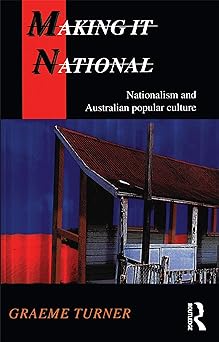
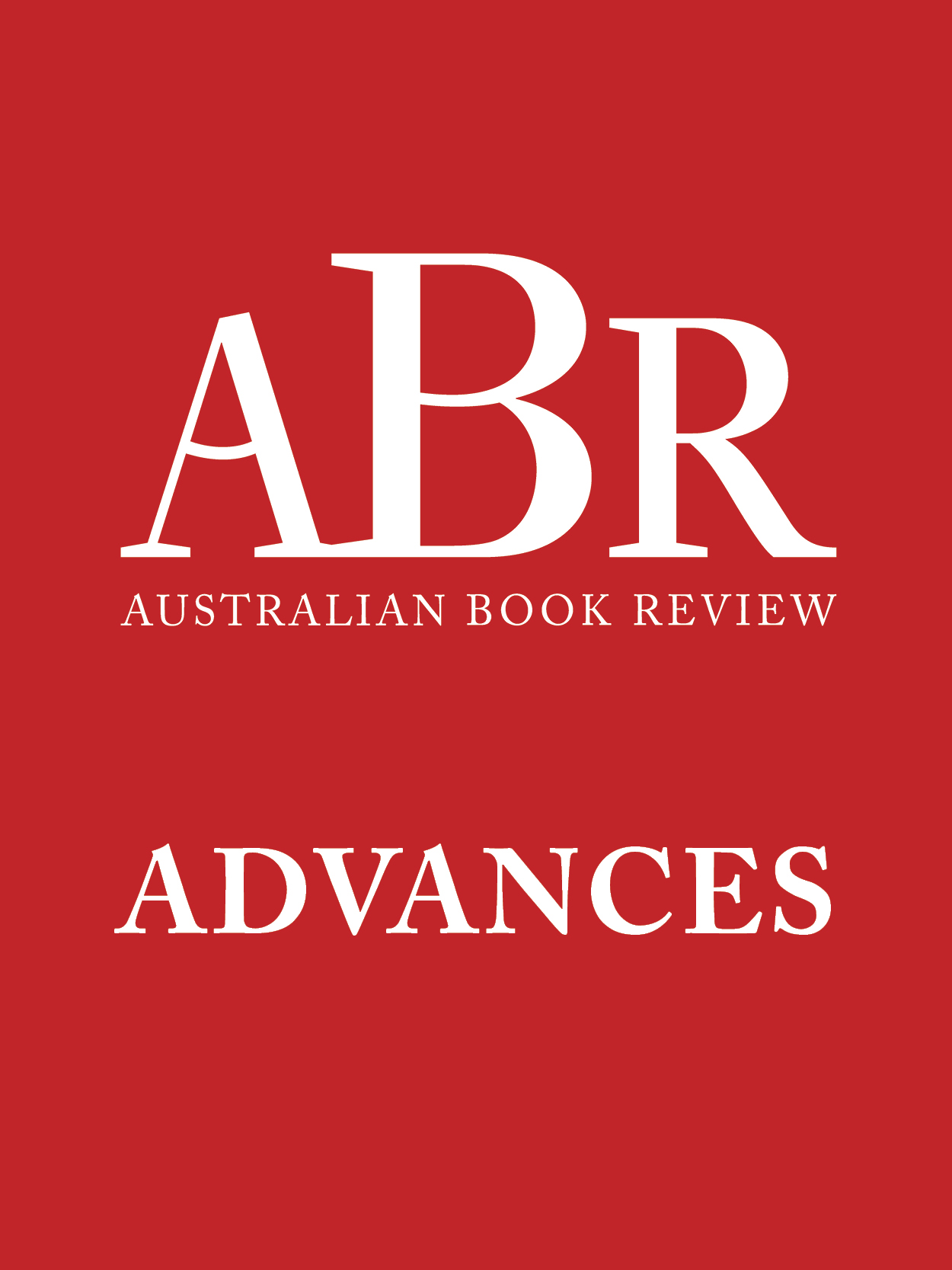
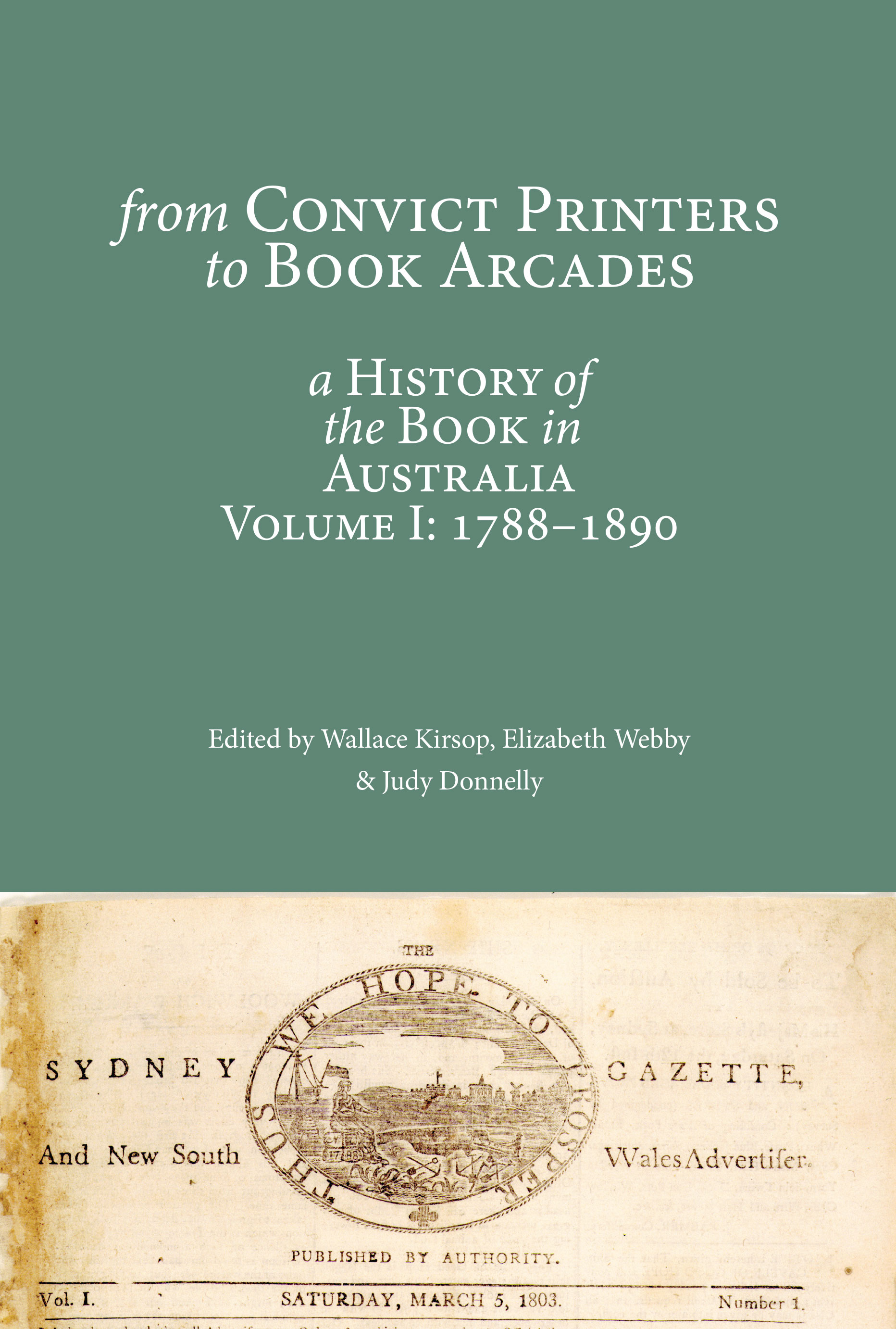
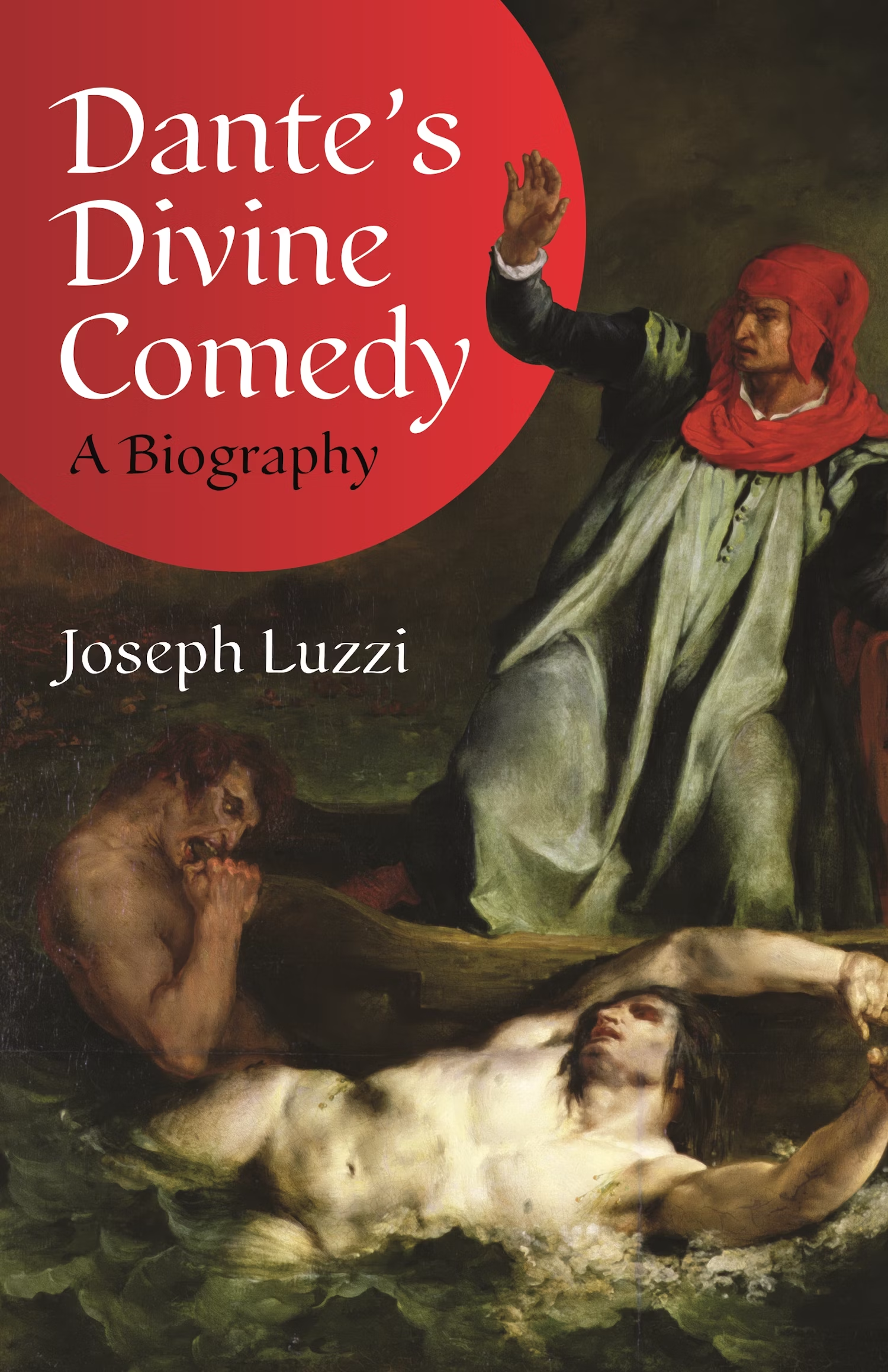
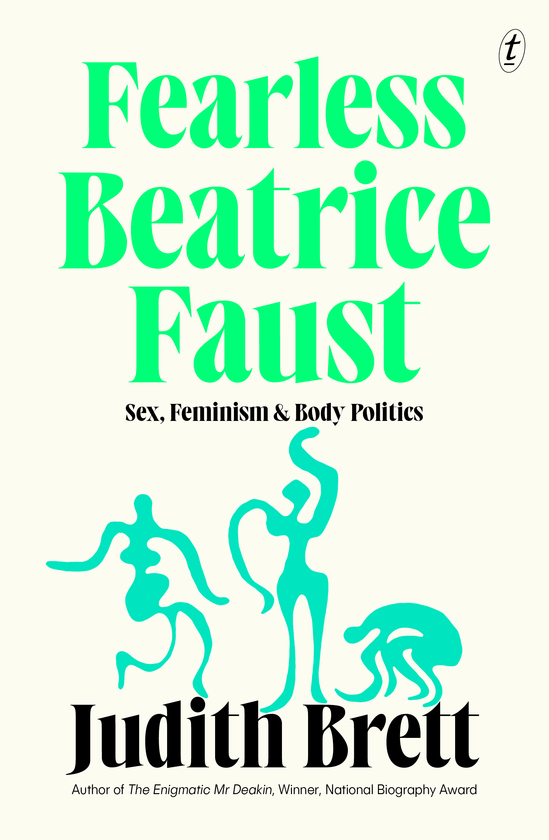

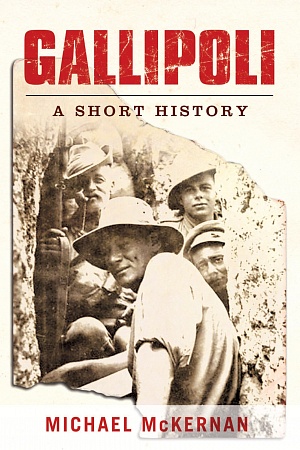
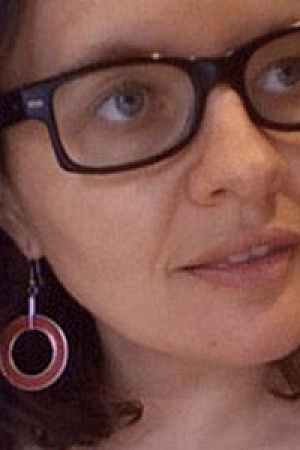





Leave a comment
If you are an ABR subscriber, you will need to sign in to post a comment.
If you have forgotten your sign in details, or if you receive an error message when trying to submit your comment, please email your comment (and the name of the article to which it relates) to ABR Comments. We will review your comment and, subject to approval, we will post it under your name.
Please note that all comments must be approved by ABR and comply with our Terms & Conditions.